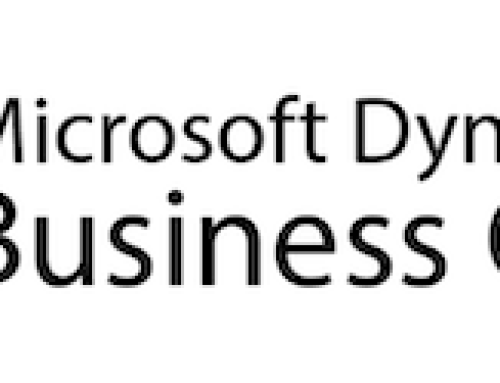Nobody likes to waste time.
I get e-mails from way too many companies that have no signature and no phone number which makes it harder for me to give them a call back. At my last company, the CFO was typing in his signature on emails all the time.
That is just a waste of time. Fortunately there is a better way.
Here are easy instructions on how to add an automatic signature in Outlook so that every email will have your contact information. You can even create different signatures for original emails and shorter ones for replies.
- Create a new email message.
- On the Message tab, in the Include group, choose Signature > Signatures.

- Under Select signature to edit, choose New, and in the New Signature dialog box, type a name for the signature.
- Under Choose default signature, set the following options for your signature:
- In the E-mail account list, choose an email account to associate with the signature. You can have different signatures for each email account.
- In the New messages list, choose the signature that you want to be added automatically to all new email messages. If you don’t want to auto sign your new email messages, accept the default option of (none).
- In the Replies/forwards list, choose the signature that you want to be added automatically (auto sign) when you reply to or forward messages. Otherwise, accept the default option of (none).
- Under Edit signature, type the signature, and then choose OK.

Notes: You can create a signature block like the one in the screenshot. Add more information, such as a job or position title and a telephone number, beneath your name (signature).
You can change the appearance of any text you add by using the mini formatting toolbar above the text box. You can also add social media icons and links. For more information, see Insert hyperlinks to Facebook and Twitter in your email signature.
Once you create your signature, Outlook doesn’t add it to the message you opened in Step 1, even if you chose to apply the signature to all new messages. You’ll have to add the signature manually to this one message.
Important: If you have a Microsoft Office 365 account, and you use Outlook and Outlook on the web or Outlook on the web for business, you need to create a signature in each. To create and use email signatures in Outlook Web App, see Create and add an email signature in Outlook Web App.
Set it up once, and see how much time you will save.
By Susan M. Conrod, Senior Implementation Consultant, CAL Business Solutions

















